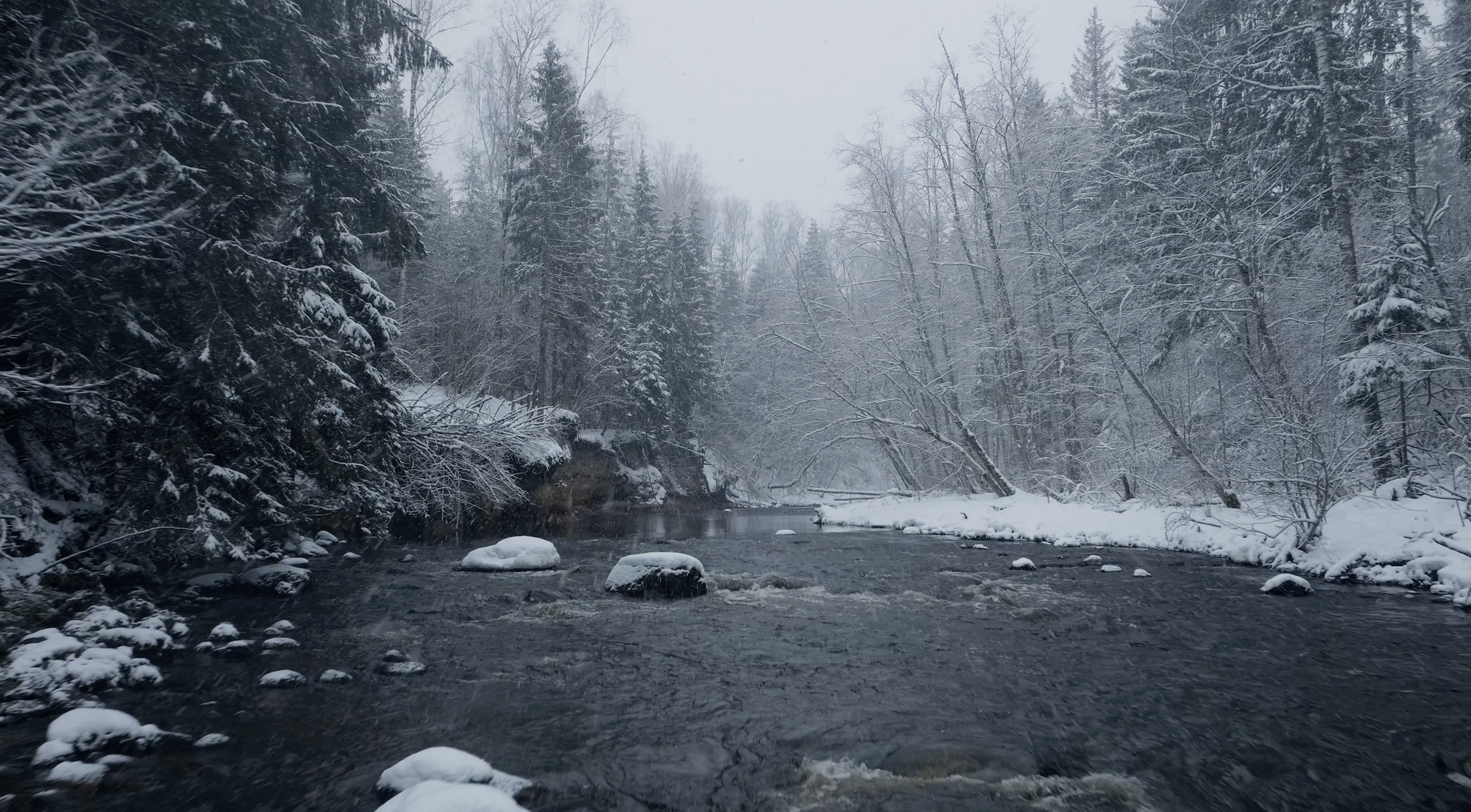
This website is still under revision.
If you are not finding what you are looking for, please connect with us.
The Purpose of the Muskoka Watershed Council
Muskoka Watershed Council, an incorporated not-for-profit, is committed to the enhancement of the health and sustainability of the entire Muskoka River Watershed, from its headwaters in Algonquin Park to its outlets to Georgian Bay, as well as those parts of the Severn River-Lake Simcoe Watershed and the Georgian Bay shoreline and islands that lie within the District of Muskoka. MWC was formed to educate on environmental issues, provide science-based environmental policy advice, and help address watershed management issues.
What is a watershed?
A watershed is a living and intricate ecosystem capable of maintaining its structure and functions unless faced with excessive stresses. Its health, or ecological integrity, signifies how effectively it preserves its typical structure and functions. Similar to how medical experts gauge human health, we measure watershed health by analyzing diverse indicators.
Supporter Package & Partnership Benefits
We are committed to forging partnerships with community stakeholders, including businesses and individuals who are dedicated to preserving the integrity of waterfront ecosystems and promoting environmental stewardship.
Through our Partnership Program, we can further our commitment to vital projects that advance watershed restoration and wildlife habitat preservation across Muskoka. By partnering with us, you or your business can play an integral role in driving meaningful environmental change and demonstrating a shared commitment to sustainable conservation efforts.
Together, we can protect the future of Muskoka’s watersheds.



